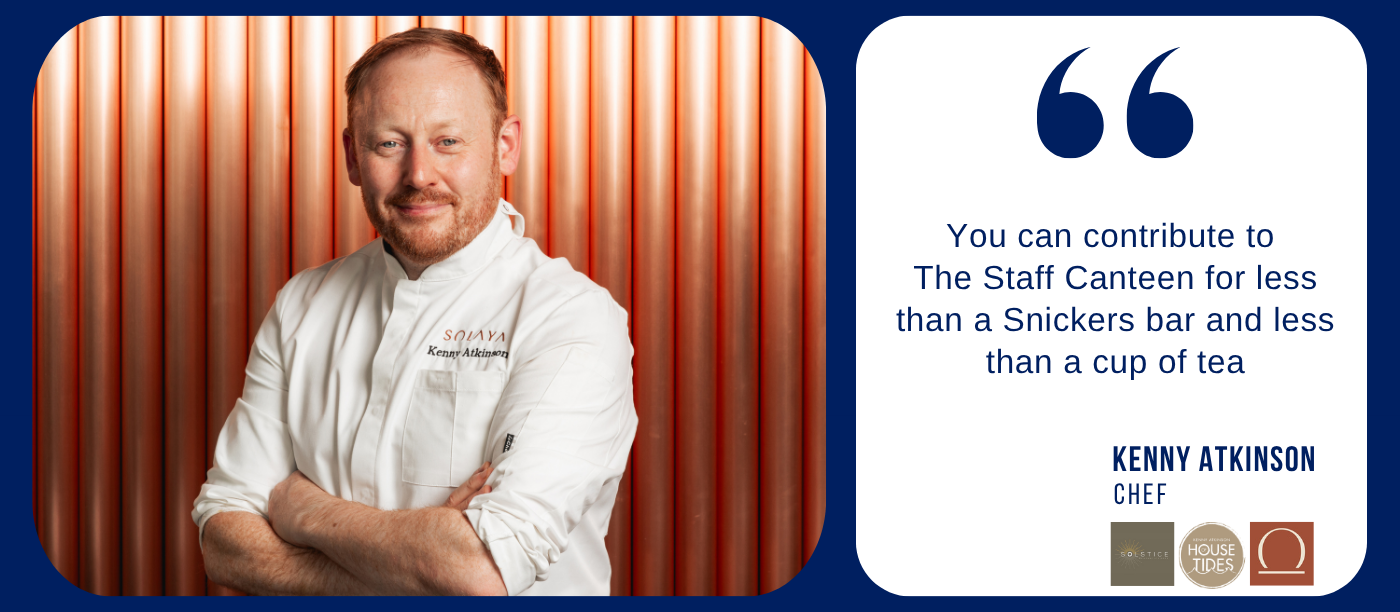From developing products, writing books, starting his own supper club and teaching in Athens this is one veggie chef that certainly has a lot on his plate. Having previously worked for Simon Rimmer, Eddie Shepherd is a vegetarian chef that gets more of a buzz developing new dishes than a busy service in a kitchen. Citing Grant Achatz’s Alinea book as one of his biggest influences early on Eddie’s ultimate aim is to make people happy serving vegetarian food his way.
So starting from the beginning was being a chef always something you wanted to do? I started first in kitchens when I was studying for a philosophy degree, starting as pot wash and then doing a bit of cooking. By the time I finished my degree I found that I really liked the kitchen and that this was what I wanted to do; so straight after uni I went full time. Over the last 10 years I’ve been working through kitchens up until the last couple of years where I’ve done more freelance work.
Signature dish: Halloumi – Cooked sous vide, which at the time I hadn’t seen anyone else doing. But I cook it for a long time which you can’t get with another cooking method The light whipped meringues – again distinctive to me as I’ve done a lot of flavours. Top 5 ingredients: Tofu – huge amount of potential there with it Halloumi – versatile in a dish Caramelised white chocolate – I came up with a way of caramelising that sous vide, since then I’ve don’t a mousse with it. Black sesame – it’s got a great nutty flavour with a strong dramatic colour. Elderflower – strong childhood memories with this and feels very British.
When was it that you worked at Greens? I left about three and a half years ago and I was there for two years from 2010. They structure the kitchen a bit different there so went in as chef de partie and then left as junior sous chef. It was one of the first times working with a chef who was nationally known, with Simon (Rimmer) having a great presence in the media. It was a great learning experience and probably the two years were I learnt the most.
When did you become a vegetarian and why did you make that decision? It was not long before I started working in kitchens so around 12 years ago. I think studying for my degree had raised concerns, I hadn’t been terribly comfortable with some of the issues with meat for a while and it made me think about it more in depth. It wasn’t a huge decision for me and it was a case of trying it and it stuck but I don’t try and persuade anyone to go vegetarian, it’s just what suits me.
So when did you start to experiment with ingredients? Whilst at Greens I went to Madrid Fusion, one of the big gastronomy festivals in Spain, and I saw Ferran Adrià and René Redzepi there and saw them talking and realised there was a world of exciting food going on but no one seemed to be joining in on that from vegetarian cuisine. I was so fascinated with that and thought I’m going to have to do it and research this myself, it made me realise how much more there was to learn, that and then looking through the elBulli books was hugely inspiring.
Was there a lot of experimentation in the beginning? Yes, much less so now but I think when I was first introduced some of the modern techniques I had to get a grip on that so there was an element of. So now I have more of an idea of what works and techniques I work with that are less showy and more practical.
So you’ve been called the Heston of the vegetarian world, is that a fair comment? No, you know what these things are like, someone puts it in a press release and it’s followed me round since. It was from a demo I did a few years ago and I did a sorbet with dry ice and the organisers put out all these pictures with me with dry ice and calling me the Heston of the veggie world; it’s a lovely comparison though.
What do you think of chefs taking meat off the menu like Bruno Loubet did at Grain Store? I don't think people should feel pressured to alter their menus any particular way. But there is a trend towards people using less meat or making it the less central component in their dish, certainly having more vegetarian options is great. Given the position we’re in globally it seems to make sense, places like noma have hugely lead the way on things like that.
If you had to choose one only ingredient to cook with what would you choose? I’d say tofu at the minute as I feel like it’s underused in British cuisine. It’s an incredibly versatile ingredient and it can take on flavours with some simple tricks, you can cook it in different ways and there aren’t many people working with it outside of Japanese cuisine.
What was the decision to go into freelance work and product development? I was initially asked to do some recipe development and product testing and from there it developed on its own accord. I found I was reasonably naturally good at doing that kind of













